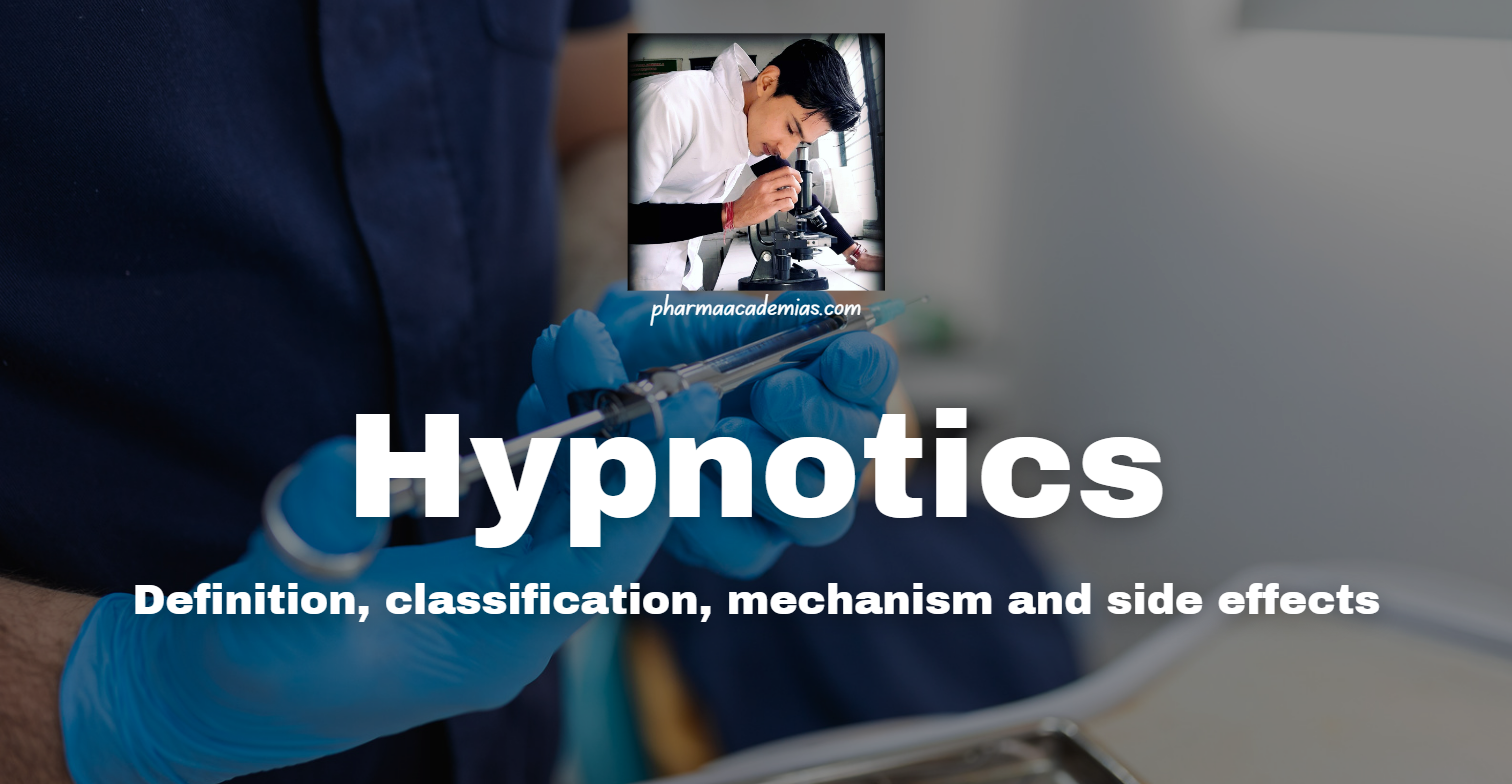Antihistaminic Agents: Histamine, Receptors, and Their Distribution in the Human Body
Antihistaminic agents, commonly referred to as antihistamines, are drugs that counteract the effects of histamine, a vital biogenic amine involved in various physiological and pathological processes. These agents are primarily used to manage allergic conditions, gastrointestinal issues, and certain central nervous system disorders. Below is a comprehensive exploration of histamine, its receptors, and their distribution … Read more




